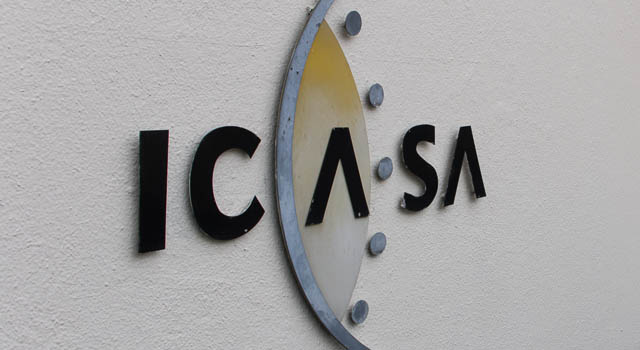
Communications regulator Icasa has published its proposed new mobile termination rates for the period 1 October 2014 to 28 February 2018. It will push down the rates, which operators charge each other to carry calls between their networks, but not as quickly as originally envisaged.
The authority says intends reducing both fixed and mobile calls to just 8c/minute from 1 March 2017. The rate of “asymmetry”, which benefits smaller players, has also been reduced substantially, but Cell C will qualify for asymmetry for the full term of the new rate regulations, a development that is unlikely to find favour at Vodacom and MTN.
The new rates are in draft form and are not final. They will be published in the Government Gazette on Friday.
For mobile, the rate remains at 20c/minute until the 28 February 2015. For fixed, the rate is 12c/minute for calls in the same number area and 19c for longer-distance calls.
From March next year onwards, the rate for mobile and for all fixed calls will be the same for the rest of the regulated period. The rate next year falls to 16c/minute. In March 2016, it will fall again to 12c/minute. In the final year, starting in March 2017, it will drop to 8c/minute.
At the same time, the rate of asymmetry — where smaller players receive more for calls from bigger operators — has been reduced substantially. From 1 October 2014, the asymmetry rate for smaller players is 30c/minute, or 50%. It will then drop to 22c/minute, or 38%, in March 2015. Further reductions to 16c/minute (33%) and 10c/minute (25%) will occur in 2016 and 2017.
The same asymmetry reductions in percentage terms will take place for calls to fixed lines. To qualify for asymmetry, operators must have less than 20% share of total terminated minutes for either fixed or mobile. Previously, Icasa had mandated 25% market share.
Icasa councillor Nomvuyiso Batyi says the last time the authority determined the level of asymmetry, at the beginning of the year, it had to use publicly available information. This time, she says, it was able to base asymmetry on detailed information furnished by all of the operators. “We now have data from each licensee.”
Last month, Icasa revealed that it had settled on the model it intends using to calculate call termination rates. In a briefing note, it said that it would use “long-run incremental cost plus” (Lric+) as the cost standard for “bottom-up and top-down modelling” to determine the cost of mobile and fixed wholesale voice call termination.
In March, the high court in Johannesburg found that Icasa’s 2014 call termination regulations were “invalid and unlawful” but, in a surprising move, said the cuts to termination rates would take effect as planned on 1 April for a period of six months.
In terms of the court order, Icasa had until 30 September to publish the new call termination rate regulations. — (c) 2014 NewsCentral Media

